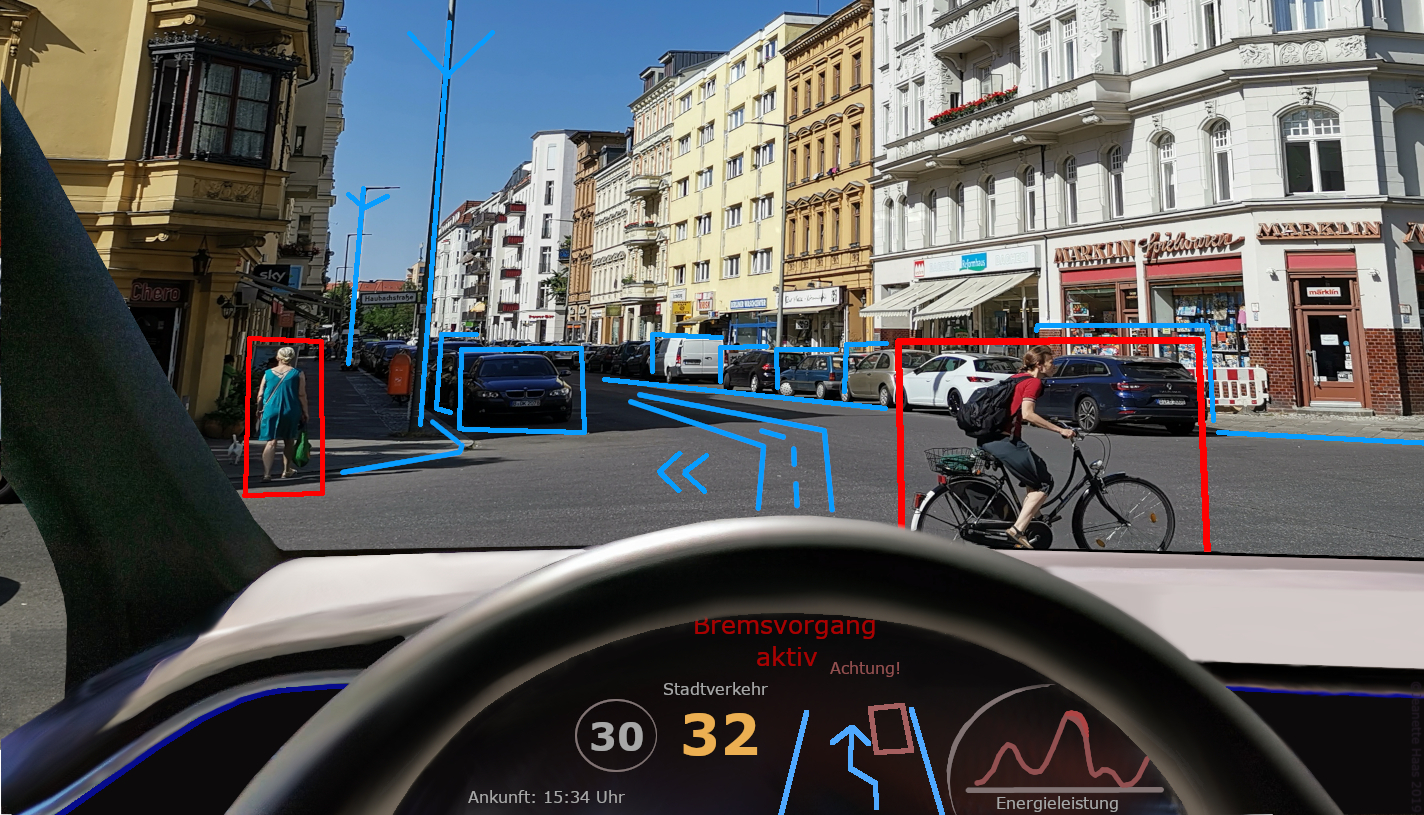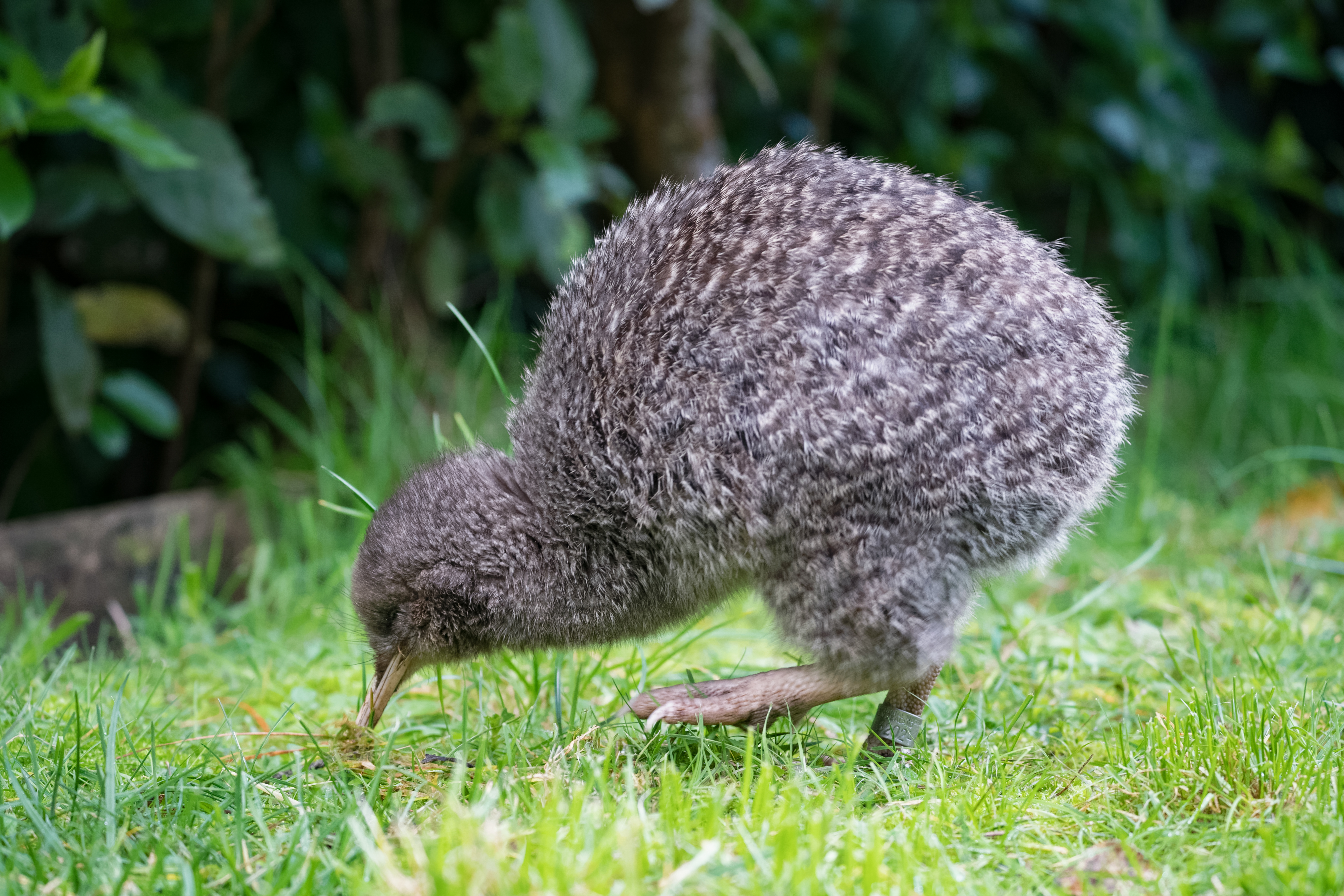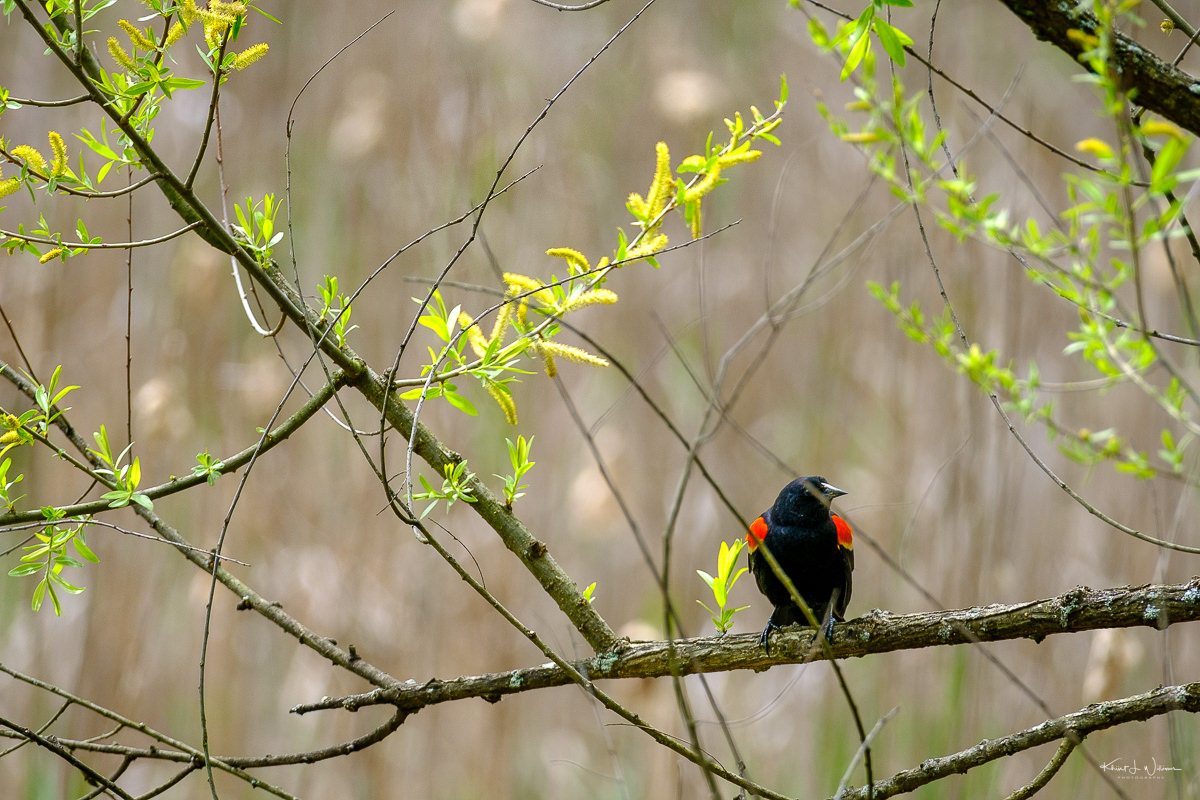Introduction

Have you ever walked out to your car only to find a bird relentlessly pecking at it? In this article, we’ll delve into the intriguing world of bird behavior and explore the reasons behind this perplexing phenomenon. Understanding why birds peck at cars can help alleviate frustration and enable you to protect your vehicle. Let’s unravel the mysteries behind this avian behavior and equip you with the knowledge to peacefully coexist with our feathered friends.
Unfamiliar Territory: Why birds may be unfamiliar with cars

Birds have evolved over millions of years, adapting to natural environments such as forests, grasslands, and water bodies. However, cars, being a relatively recent invention, present an unfamiliar territory for these feathered creatures.
Evolutionary Background
Birds have not had sufficient time to evolve specific behaviors or adaptations to interact with cars. Their evolutionary background primarily revolves around natural elements, and cars, with their metal bodies and mechanized movements, diverge significantly from the environments birds are accustomed to.
Lack of Natural Precedents

Birds’ natural habitats do not typically contain large, metal objects resembling cars. This absence of natural precedents contributes to the unfamiliarity birds experience when encountering cars.
Behavioral Responses
The unfamiliarity of cars may trigger various behavioral responses in birds. Birds may perceive cars as potential threats or competitors due to their size and unfamiliar nature. Some bird species exhibit territorial behavior and might perceive cars as intruders in their territory. This territorial response can manifest as pecking, as birds attempt to defend their nesting sites.
Reflections and Distortions

Cars’ reflective surfaces can create visual illusions for birds. When birds see their reflections or reflections of their surroundings, they may mistake them for other birds, thereby triggering territorial responses. Additionally, distorted reflections on car windows or mirrors can further confuse birds and provoke their curiosity or caution.
Understanding why birds may be unfamiliar with cars sheds light on their behavior of pecking at vehicles. In the following sections, we will explore additional factors such as territoriality, curiosity, predators, attraction to shiny objects and food, nesting behavior, and provide practical solutions to deter birds from pecking at your car.
Mirror Image: How birds may think they are seeing their reflection in your car

Birds have remarkable visual perception and can often mistake their reflection for another bird. When encountering a car’s reflective surface, such as a mirror or window, birds may interpret the image as a rival bird intruding on their territory. This misperception triggers their territorial instincts and prompts them to engage in pecking behavior.
The reflective qualities of a car‘s surface contribute to the illusion of a real bird. To a bird, the image appears similar to its own reflection, with shiny and reflective qualities that reinforce the belief that it is a genuine intruder. This confusion intensifies the bird’s aggression, compelling it to attack the reflection repeatedly in an attempt to scare away the perceived rival.
Male birds, particularly during the breeding season, tend to exhibit heightened aggression towards their reflection, as they are more territorial during this time.
Understanding why birds mistake their reflection for another bird is crucial in finding effective solutions to deter them from pecking at your car.
Territoriality: How birds might be defending their territory against the car

Birds are territorial creatures by nature, and their territorial behavior is a key factor in understanding why they peck at cars. When a bird encounters a car in its territory, it perceives it as an intruder and responds aggressively to defend its space.
Territoriality is an instinctive behavior that birds exhibit to protect their nesting sites, feeding areas, and overall habitat. They establish and defend their territories, which provide essential resources for survival and reproduction. The presence of a car within their territory triggers a territorial response, leading to the bird’s pecking behavior.
The bird’s territorial behavior is not directed towards the car itself but rather the reflection it sees. When the bird sees its own reflection in the car’s shiny surface, such as the windows or side mirrors, it interprets it as another bird invading its territory. This misperception intensifies the bird’s defensive response, leading to persistent pecking.
Certain bird species, such as robins and cardinals, are particularly known for their strong territorial instincts. They may exhibit more intense pecking behavior, especially when confronted with a reflective surface that triggers their territorial response.
Understanding the territorial nature of birds helps us approach the issue of bird pecking with empathy and seek effective solutions that address their instinctual behaviors. In the following sections, we will explore other factors that contribute to bird pecking and discuss practical tips to deter birds from targeting your car.
Curiosity: Why Birds are Drawn to Cars
![]()
Birds possess an inherent curiosity that drives them to explore their surroundings, and cars are no exception. These feathered creatures are naturally inclined to investigate and peck at vehicles for several reasons:
Unfamiliarity
Cars stand out as foreign objects in the natural habitat of birds. With their shiny surfaces, unique shapes, and mechanical features, they pique the interest of our avian friends. Birds, creatures of habit, are naturally drawn to anything out of the ordinary, prompting them to further explore and examine the presence of a car in their environment.
Visual Allure
Birds have exceptional vision and are attracted to visually stimulating objects. Vibrant vehicles, adorned with decals, stickers, or objects like antennas, catch their attention. These eye-catching elements trigger a bird’s curiosity, enticing them to approach the car and engage with it by pecking or inspecting its exterior.
Sound and Movement
Certain bird species gravitate towards sounds and movement. If a car emits sounds resembling bird calls or has parts that sway with the wind, it captures the interest of these birds. They may mistake the car’s sounds or movements as signals from fellow birds, prompting them to investigate by pecking at the source. This behavior arises from their innate curiosity and desire to interact with their surroundings.
Social Interaction
Birds are social animals and engage in various forms of social behavior. When encountering a car, they may perceive their reflection in the windows or side mirrors as another bird. This mistaken identity triggers their curiosity, leading them to attempt contact and engage in social behaviors by pecking at the glass or body of the vehicle.
Understanding the curiosity that drives birds to cars allows us to find effective solutions to deter them from causing damage or inconvenience. In the following sections, we will explore additional reasons why birds peck at cars and provide practical tips to discourage their behavior.
Predators: Birds’ Defensive Response to Perceived Threats

Birds pecking at cars may seem peculiar, but it serves a purpose beyond mere curiosity or aggression. One explanation for this behavior lies in birds’ instinctual response to potential predators.
In the wild, birds face numerous threats from predators such as hawks, owls, and larger birds. When encountering an unfamiliar object like a car, they perceive it as a potential threat due to its large size and unfamiliar appearance. Their instinctual response is to defend themselves from what they perceive as a predator.
To birds, their reflection on the car’s shiny surface can be misleading. They may mistake it for another bird, possibly a rival or predator encroaching upon their territory. In an attempt to ward off the perceived threat, birds engage in defensive behaviors such as pecking or scratching at the car’s surface. By doing so, they hope to intimidate the predator and drive it away from their perceived territory.
This defensive behavior becomes more prominent during the breeding season when birds are more protective and territorial. They become hyper-vigilant and quick to react to any perceived threat, including their own reflection.
The intensity of this behavior can vary among bird species and individual birds. Some species known for territorial aggression towards cars include robins, cardinals, blue jays, and mockingbirds. However, the specific behavior may differ depending on the bird species and the bird’s temperament.
To deter birds from pecking at your car, there are strategies you can employ. These will be further explored in the subsequent sections, providing you with practical tips to minimize this behavior and protect your vehicle.
Attracted to Shiny Objects

Birds have a natural inclination towards shiny objects, which explains their fascination with the reflective surfaces of cars. This attraction stems from their instinctual behavior and curiosity. Shiny surfaces resemble water or metallic objects that birds associate with food or potential mates. Consequently, they may mistake the reflective nature of car surfaces, including windows, mirrors, and polished paint, as sources of interest.
Certain bird species, such as crows and magpies, are particularly drawn to shiny objects. These birds are known for their affinity for collecting and hoarding shiny items like coins, jewelry, and small pieces of metal. When encountering a shiny car, their curiosity is piqued, compelling them to investigate and interact with the reflective surfaces.
Additionally, the reflection of sunlight on the car’s surface can make it even more attractive to birds, especially during specific times of the day when the light is intense. The play of light and shadow on the shiny surfaces creates an alluring spectacle, further enticing the birds to explore and potentially peck at the car.
It is important to note that birds pecking at cars due to their attraction to shiny objects is primarily driven by their natural instincts and curiosity. Understanding this behavior can help car owners implement effective strategies to deter birds without causing harm to the birds or their natural environment. In the next section, we will explore another possible reason why birds may peck at cars—being attracted to food.
Attracting Birds to Your Car: Food and Nesting Behaviors

Birds can be drawn to your car for various reasons, including the presence of food and the potential for nesting. Understanding these behaviors can help you effectively address the issue and protect your vehicle. Let’s explore why birds are attracted to cars and how you can deter them.
Attracted to Food
Birds possess a remarkable ability to locate food sources, and your car can become an enticing feast for them. Here are some reasons why birds might be drawn to food in relation to your vehicle:
-
Crumbs and Food Particles: Birds have a keen sense of smell and can detect even the tiniest traces of food particles. If you frequently eat or transport food in your car, crumbs and leftovers can accumulate, catching their attention and prompting them to explore your vehicle.
-
Trash or Litter: Birds are opportunistic feeders and can be enticed by the presence of trash or litter near your car. Ensure the area surrounding your vehicle remains clean and free from any food-related waste.
-
Bird Feeders or Bird Food: If you have bird feeders or regularly provide food for birds nearby, remnants of food or seeds may have fallen onto or around your vehicle, attracting hungry birds.
-
Pet Food or Water Bowls: Birds may be lured by the food or water in your pets’ bowls. Their interest in these feeding stations can lead them to explore your car in search of additional sources of nourishment.
-
Spilled Drinks or Sticky Substances: Beverages or sticky substances inadvertently spilled inside the car can emit odors that birds find alluring. Even small amounts of sugary or flavored liquids can be appealing to certain bird species.
-
Fragrant Air Fresheners or Scented Items: Some birds are attracted to strong scents. If your car features scented air fresheners, perfumes, or other scented items, birds might mistake these aromas for food and investigate further.
By being aware of these potential food-related attractions, you can take proactive measures to deter birds from pecking at your car.
Seeking a Nesting Site
Birds have a natural instinct to find suitable nesting sites, and they may view your car as a potential location. Here are some reasons why birds might consider your car for nesting:
-
Nesting Instincts: Birds actively seek out safe and secure spots to construct their nests, offering protection from predators and the elements.
-
Sheltered Environment: Your car can provide an appealing sheltered environment for nesting. Birds may perceive the nooks, crevices, or undercarriage of your vehicle as suitable and secure spots to raise their young.
-
Height and Protection: Birds often choose elevated nesting sites or locations that are difficult for predators to reach. The height and roof of your car can provide an elevated vantage point, reducing the risk of predation for nesting birds.
-
Heat and Insulation: Cars can retain heat and provide insulation, making them attractive to birds seeking warmth and protection for their eggs and nestlings.
-
False Cues: Birds may mistake shiny or reflective surfaces on your car for bodies of water, which they associate with potential nesting sites. This confusion may lead them to peck at or interact with your car’s exterior.
-
Urbanization and Habitat Loss: With increasing urbanization and habitat loss, birds have limited options for suitable nesting sites. They may explore unconventional locations like cars in their search for nesting spots.
Understanding these nesting behaviors is crucial for effectively addressing birds pecking at your car.
Solutions to Deter Birds from Pecking at Your Car

Dealing with birds pecking at your car can be frustrating, but there are several effective strategies you can implement to deter them. Here are some tips to keep those feathered intruders at bay:
-
Cover your car: Park your car in a garage or use a car cover to minimize reflections and shiny surfaces that attract birds.
-
Reflective deterrents: Attach reflective objects, such as old CDs, aluminum foil strips, or reflective tape, to your car’s windows or vulnerable areas. The moving reflections can confuse and startle birds, deterring them from approaching.
-
Decoys: Place realistic owl or hawk replicas near your car to intimidate birds, discouraging them from coming too close.
-
Visual deterrents: Utilize scare eye balloons, windsocks, or spinning pinwheels designed to repel birds. The movement and unusual shapes make birds wary and discourage pecking.
-
Bird repellent products: Explore bird repellent sprays or gels that emit scents birds find unpleasant. Apply these products to areas where birds tend to peck, following the manufacturer’s instructions.
-
Maintain cleanliness: Keep your car and its surroundings clean, as birds are attracted to food scraps and crumbs. Regularly clean up any food debris and avoid leaving pet food or bird feeders near your vehicle.
-
Noise deterrents: Consider using motion-activated alarms or wind chimes near your car. Sudden sounds can startle birds and discourage them from approaching.
Remember, it may take a combination of these strategies to effectively deter birds from pecking at your car. Experiment with different methods and observe which ones yield the best results for your specific situation. By implementing these tips, you can minimize the chances of birds pecking at your car and protect it from unsightly damage.
In conclusion, birds peck at cars due to food attractions and nesting instincts. Employing strategies such as covering your car, using reflective deterrents, placing decoy birds, utilizing visual deterrents, considering bird repellent products, maintaining cleanliness, and employing noise deterrents can help safeguard your vehicle and maintain its pristine appearance.
Understanding the Motivations Behind Bird Pecking Behavior

Birds pecking at cars can be attributed to various motivations. By understanding these motivations, we can develop effective strategies to deter birds and protect our vehicles.
Mistaken Identity and Territorial Behavior
During mating seasons, birds may mistake their reflection on the car’s surface for a potential mate or rival bird. This leads them to peck at the car, attempting to establish dominance or communicate with the perceived intruder. Additionally, birds exhibit territorial behavior, defending their space against what they perceive as an intruder in their territory.
Curiosity and Shiny Surfaces

Some bird species, known for their inquisitiveness, are attracted to shiny or reflective surfaces, including cars. They investigate these surfaces out of curiosity, often resulting in pecking behavior.
Food Sources and Nesting Sites
The presence of food sources, such as insects or small prey, can tempt birds to peck at cars. They see the vehicle as a potential source of sustenance and engage in pecking to access the food. Moreover, scarcity of natural nesting sites may lead birds to explore alternative structures like cars for nesting or shelter, which can manifest as pecking.
Harmless Pecking and Coexistence
It’s important to note that not all bird pecking behavior is damaging. Some birds engage in harmless pecking as a form of exploration or play without causing significant harm to the car’s exterior.
To deter birds from pecking at your car, consider implementing the following strategies:
- Use visual deterrents like reflective tape or decals.
- Install physical barriers such as netting or bird spikes.
- Utilize sound deterrents like wind chimes or recordings of predator bird calls.
- Keep the immediate surroundings of your car clean and free from potential food sources.
- Park your car in a covered area or use a car cover to minimize reflection.
By implementing these tips and understanding the motivations behind bird pecking behavior, you can reduce the likelihood of birds damaging your car and maintain its pristine appearance while coexisting with nature and protecting our belongings.
Frequently Asked Questions
Frequently Asked Questions
Q: Why is a bird pecking at my car?
A: Birds may peck at cars due to mistaken identity, territorial behavior, curiosity, attraction to shiny objects, searching for food sources, or seeking nesting sites.
Q: How can I stop birds from pecking at my car?
A: To deter birds from pecking at your car, you can try covering your car, using reflective deterrents, placing decoy birds, utilizing visual deterrents, considering bird repellent products, maintaining cleanliness, and employing noise deterrents.
Q: What attracts birds to peck at cars?
A: Birds can be attracted to peck at cars due to their shiny surfaces, unusual shapes, reflective qualities, presence of food particles or trash, scent of spilled drinks, and the mistaken perception of car reflections as potential nesting sites or rival birds.
Q: Which bird species are known to peck at cars?
A: Some bird species known for pecking at cars include robins, cardinals, blue jays, mockingbirds, crows, and magpies. However, this behavior can vary among different bird species and individual birds.
Q: Is bird pecking harmful to my car?

A: Bird pecking can cause minor cosmetic damage to a car’s exterior, such as scratches or paint chips. However, in most cases, the damage is superficial and can be addressed through proper cleaning and maintenance.

Leave a Reply